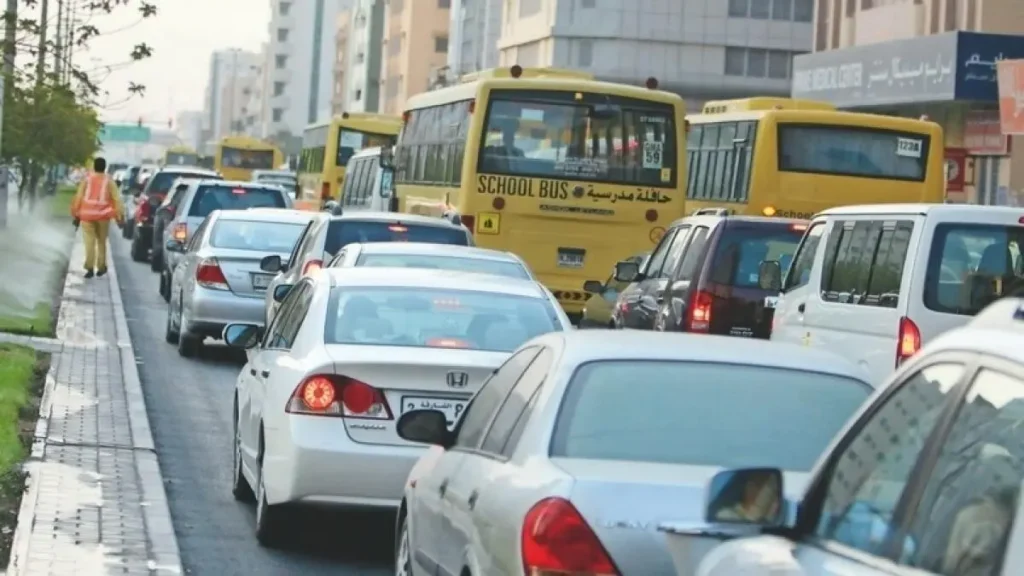Dubai’s Roads and Transport Authority (RTA) and the Dubai Government Human Resources Department (DGHR) have unveiled a revolutionary traffic scheme deal, flexible work hours and other measures that seek to ensure that traffic jam is eradicated in Dubai. The ambitious plan, approved by Sheikh Hamdan bin Mohammed, Crown Prince of Dubai, has the potential of cutting daily rush-hour mobility by 30 % throughout the emirate.

Studies reveals that an implementation of a change of flexible start time within the period of two hours and an opportunity to work from home 4 or 5 days a month helps to ease traffic. If 20% of workers preferred to work from home, traffic intensity in Sheikh Zayed Road would be expected to decrease to 9.8%, and in Al Khail Road to 8.4%. If achieved, flexible working hours alone are expected to reduce traffic by 5.7% on Sheikh Zayed Road and 5% on Al Khail Road.
Survey Results Indicate High Interest in Flexible Work Models
It is based on a company survey of 644 organizations that employ over 320,000 people as well as a survey of 12,000 employees of private sector enterprises. The research revealed that 32% of companies in the private sector are already implementing work from home policy, and 58% of companies are willing to adopt such policies. Furthermore, 31% of organisations have adopted flextime while 66% of them admit to future expansion in adoption of this practice.
Abdulla Ali bin Zayed Al Falasi, speaking as the Director-General of the DGHR Department, pointed out that the remote working model has become a strategic element of companies and organizations within the government of Dubai. ”Remote work has gone from being a contingency measure to a part of our workforce management system, considering employees’ individual needs and increasing efficiency,” he said.
According to the survey conducted among the Dubai Government employees, 80% of them can work two days a week from home, while 87% of them said that flexible time suits them better. Additionally, 89.4% of respondents argued that there were such schedules in place to enhance productivity, while 80.4% reported that their productivity when working from home was similar to working in the office and they were able to match the work quality and efficiency.
Also Read: Satisfy Your Sweetener Thirst On Board The QE2 with ‘Sweetener – The Ariana Grande Experience’
Additional Measures to Complement Flexible Work
The traffic plan implemented in Dubai consists of several other policies that have been used in order to decongest the city. Some of these are broadening of truck night operations restrictions, status boosting of buses and taxi lanes and improving the first and last mile public transport to discourage single occupancy vehicle use. Other measures include incentives for carpooling within employees since the emirate goal of increasing resident’s use of shared transportation.
As a result, there has been an increase in remote working policies due to the setup created through the Covid-19 pandemic. The continuation of the change enables civil servants to be connected seamlessly and especially during the dreadful moment like rainfall and flooding found in April.

Before embracing those changes on a larger scale, Dubai authorities believe that shift working and teleworking will play an enormous role in the framework of sustainable mobility in cities, enhance working environments and the quality of life of employees in Dubai, and ultimately, decrease the material impact of daily commutes. For further details on how flexible hours and home working strategies are being implemented in Dubai, the reader can check the DGHR website.

